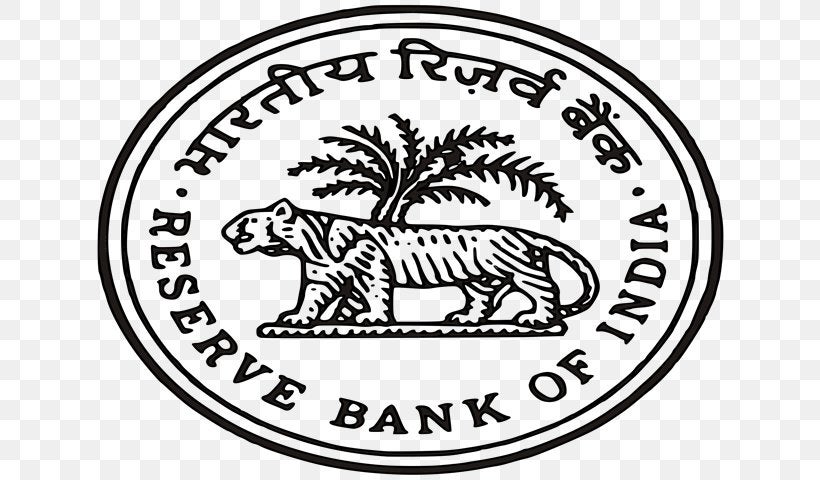
The Reserve Bank of India (RBI) has set up an offline payment system to push digital payment adoption in areas with slow or no internet.
To address this issue, the central bank has issued a set of guidelines to boost the digital payments ecosystem in India beyond metros and cities.
The move will help rural consumers also to adopt digital payment solutions.
RBI has allowed a pilot scheme to allow small amounts of payments in offline mode using cards, wallets, mobile devices, and other channels.
The scheme provides liability cover and comes with built-in features to protect customer interests.
The pilot will be undertaken until March 2021 and both banks and non-banks can participate.
Payments of up to INR200 will not require any factor authentication and the transaction limit is capped at INR2,000.
In its statement on Developmental and Regulatory Policies, RBI said: “Providing an option of off-line payments through cards, wallets and mobile devices is expected to further the adoption of digital payments.”
In addition to the offline payments, RBI intends to set up an online grievance resolution mechanism with Payment System Operators (PSOs).
PSOs will be required to implement Online Dispute Resolution (ODR) systems in their respective payment systems to address failed transactions, Das said.
Moreover, the central bank has also proposed a ‘Positive Pay’ mechanism, through which cheques can be processed for payments by the drawee bank at the time of issuance.
This mechanism will cover nearly 20% of the total cheques issued in the country and 80% of cheque value.
This is applicable for all cheques worth INR50,000 and more.







